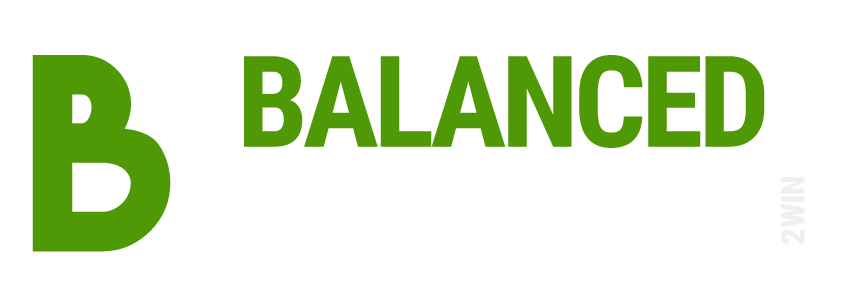
Learning and Growth Perspective
A solid foundation
Niccolo Machiavelli wrote: “He who has not first laid his foundations may be able with great ability to lay them afterwards, but they will be laid with trouble to the architect and danger to the building.” Sounds very profound, but what does something written five hundred years ago by an Italian statesman, writer, and political theorist have to do with the Balanced Scorecard? Plenty! Just as a home or building requires a proper foundation to support what lies above, so to does the Balanced Scorecard.
If you expect to execute flawless processes, exceed customer expectations, and ultimately create value for financial stakeholders you need a solid foundation from which to operate, and that sturdy base is supplied by your people. And what a difference the right people make to a business’s success! Recent estimates suggest that upwards of 80 percent of value created in modern organizations is generated by what is referred to as ‘intangible assets’ – principally the knowledge and talents of people operating in alignment with the company’s overall strategy. Great products and services can help differentiate a company, for a retail store location can provide a huge advantage, but in the end it is always engaged and talented people that dictate the success or failure of any business.
A look inside the Learning and Growth Perspective
There are three key areas of focus when developing objectives and measures for the Learning and Growth perspective and they are: human capital, information capital, and organizational capital. Let’s take a look at each.
Human capital: Pope John Paul II wrote in 1991: “Whereas at one time the decisive factor of production was the land, and later capital…today the decisive factor is increasingly man himself, that is, his knowledge.” John Paul’s words ring true regardless of whether we’re discussing governments, nonprofit agencies, or businesses large and small; in today’s economy intangible assets, chiefly knowledge, are the drivers of success. Ensuring your team has the skills and knowledge they need to excel is the domain of human capital. Given the competitive environment in which you operate it is vital that all employees possess skills that are matched to your unique strategy and allow you to outperform your competitors.
Information capital: It’s difficult to imagine an industry that hasn’t been dramatically impacted by technology over the last number of years. So called “disruptive” technologies have revolutionized the way we make, market, purchase, and use everything from household products to entertainment devices. In our modern economy information capital serves as the raw material driving the transformation of data into information and propelling the growth of individual companies and entire industries alike.
The information capital component of Learning and Growth measures your ability to provide the tools (most often technology) your team needs to execute the strategy you’ve put in place. As mentioned above, the business environment today demands that companies turn information into knowledge that can be leveraged for success and that’s exactly what we attempt to do when monitoring information capital.
Organizational capital: At what may have been the darkest hour for Great Britain during World War II, just prior to the Dunkirk deliverance, Prime Minister Winston Churchill stood before his parliament and issued these words:
“To sum up, our conclusion is that prima facie Germany has most of the cards; but the real test is whether the morale of our fighting personnel and civil population will counterbalance the numerical and material advantage which Germany enjoys. We believe it will.”
With those words he ignited the passion and belief of an entire nation facing practically unbeatable odds, lifting the spirit and resolve of every person, in every corner of the nation. Such is the power of the human spirit. Regardless of the forum or field of endeavor, at the end of the day true success resides in the power manifested by hearts and minds. Organizational capital represents the “hearts and minds” of your people and tracks your ability to evolve and grow as an organization, ensuring success today and sustaining that prosperity for the long-term.
By monitoring these three areas of ‘capital’ under the umbrella of Learning and Growth you will build a foundation for success that even Machiavelli would be proud of.

